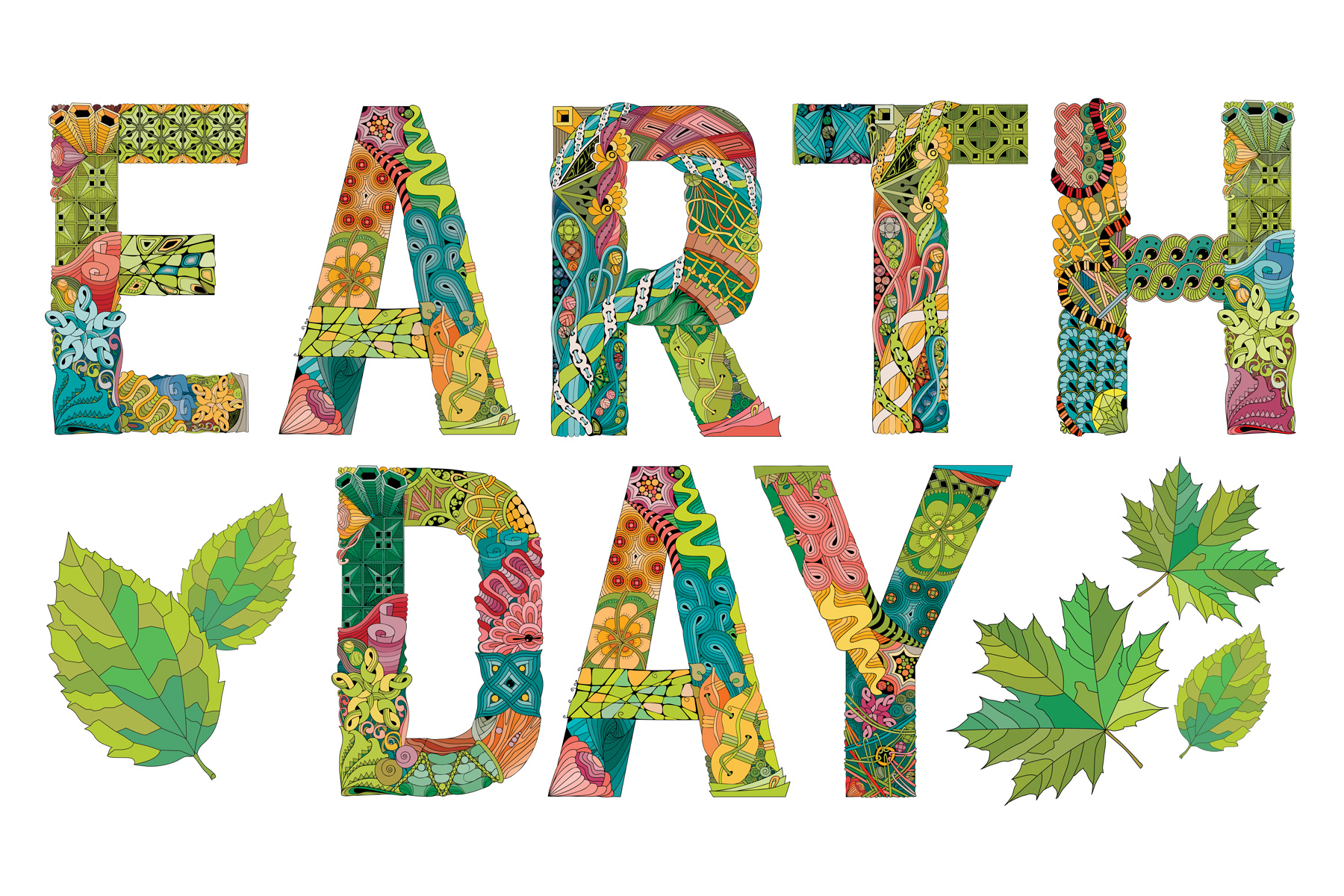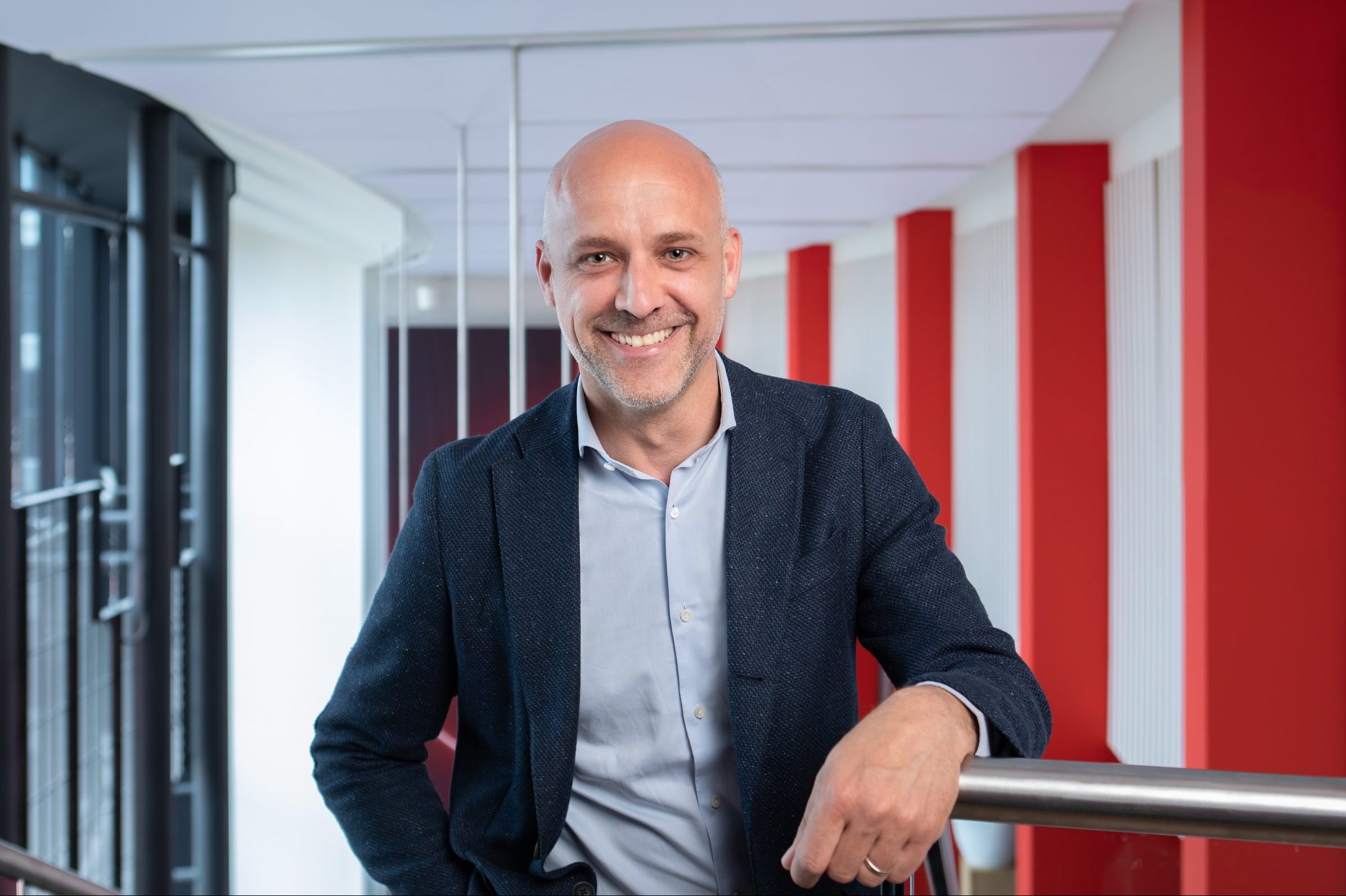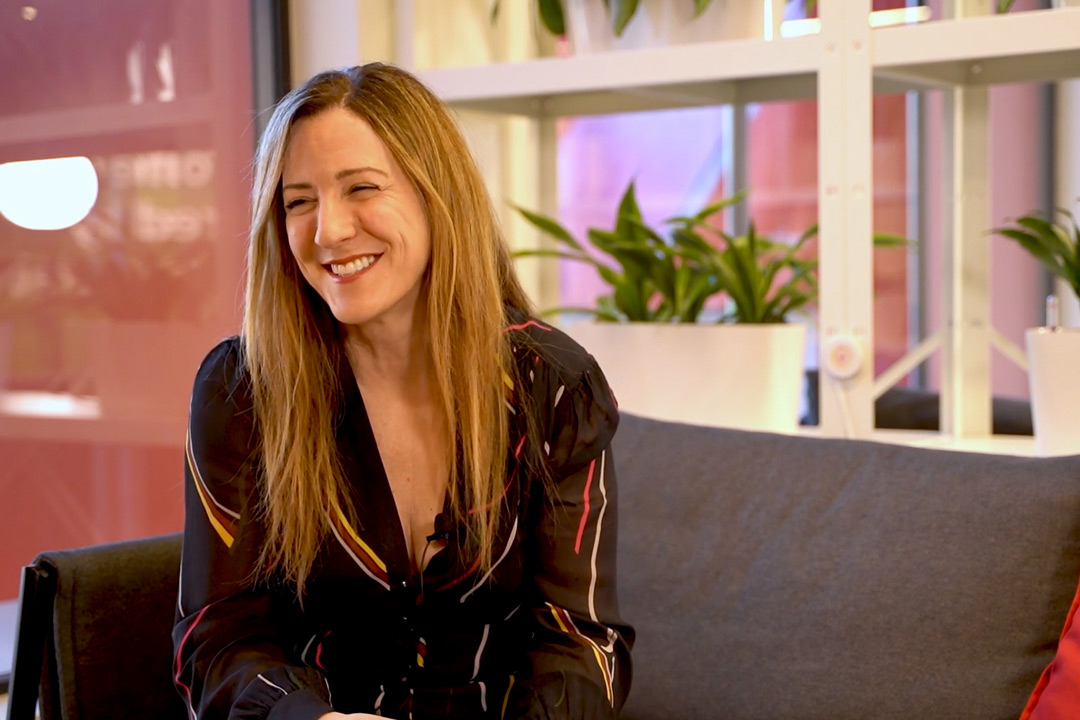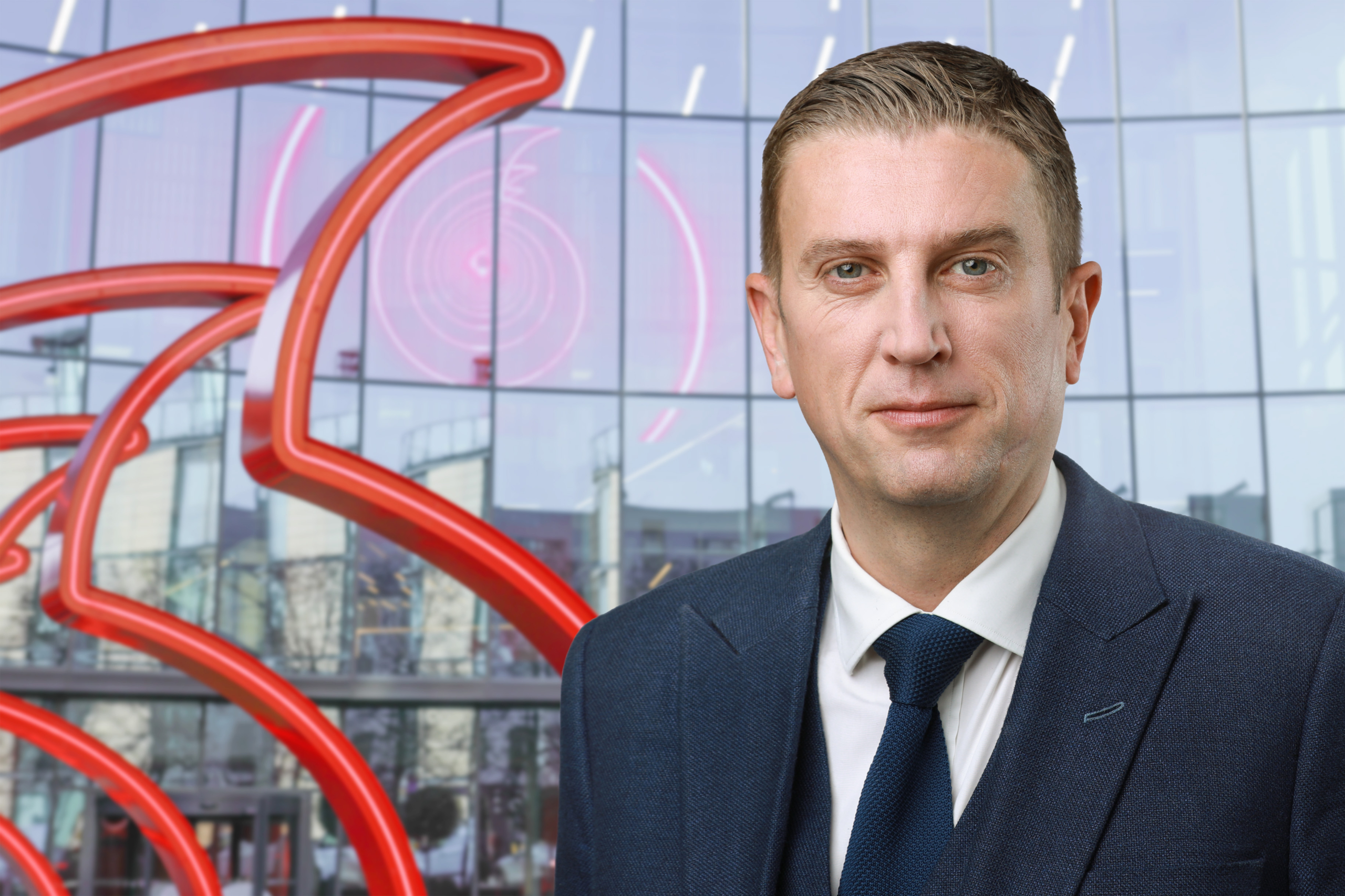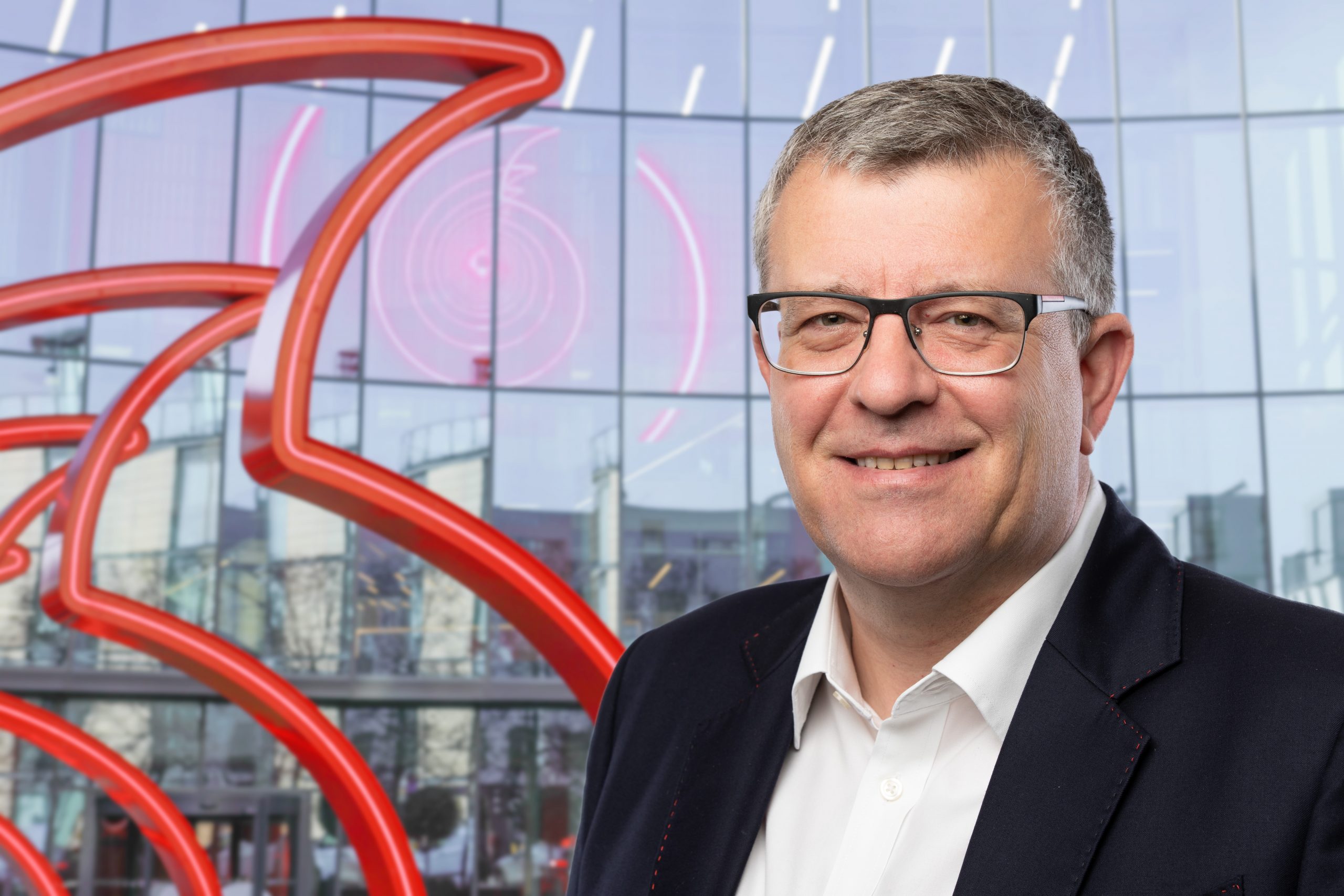To mark Earth Day, we’re joining the effort to raise awareness of the need to protect the planet for future generations.
Global carbon emissions are rising, and electronic waste is growing fast. But at Vodafone, we’ve set bold commitments to help address these big environmental issues and we’re making great progress.
I’m proud that we’re on track to achieve net zero for our UK operations by 2027. We’re delivering this through a major energy efficiency programme and powering our business and network with renewables (see below).
We’re also encouraging reuse, repair and recycling to create a more circular economy for our mobile devices and network equipment; and our tech such as 5G, IoT and Cloud is helping businesses drive efficiencies and reduce their carbon emissions, too.
The Circular Economy: Everything you need to know
The ‘circular economy’ is one of the latest green catchphrases, but what exactly is it and is it achievable?
Today, I’d like to highlight how we’re driving energy efficiency and carbon reduction across our network – which accounts for about 95% of our energy usage and is our biggest environmental impact.
Modernising and rationalising (turning off what we don’t need) our network is a hugely important part of our energy efficiency programme.
In the last five years, we’ve reduced the number of energy-hungry legacy systems in our network by more than 30. This alone has reduced our carbon emissions by 15,000 tonnes and our energy usage by 167 million kilowatt-hours.
This year, we’re switching off our 3G network and moving to 4G and 5G, which is much more efficient: sending a terabyte of data across the 5G network uses just 7% of the energy used to send the same amount of data across the 3G network.
How Vodafone is making its technology centres more energy efficient
Vodafone UK is upgrading its technology centres in its race to reach net zero carbon emissions by 2027.
We’re also adopting big data analytics, AI and machine learning to identify and correct energy-usage hot spots and drive efficiencies across our network. We’re switching to more energy efficient servers in our technology centres and are trialing natural air, rather than mechanical, cooling systems.
We’re also experimenting with less energy hungry radio antennas that go to sleep when demand is low and are 40% more efficient at busy times.
These actions have helped us keep our energy usage flat despite customer data demand soaring by 300% since 2019. Much of this work is behind the scenes, and we’ve delivered it while keeping our customers seamlessly connected.
That’s a significant achievement that makes me really proud.
Power generation
Not only do we have a laser focus on making our network more efficient, we’re committed to powering it in the most sustainable way.
The energy crisis has highlighted that we must work together – as governments, businesses, and society – to change how we produce and consume energy and I’m pleased that we are at the forefront here, too.
Vodafone signs second major solar power purchase agreement in UK, providing energy security and supporting its net zero goals
The five solar farms will generate a total of 216 gigawatt hours (GWh) of electricity, every year, saving more than 53,000 tonnes of CO2e.
Our network and business has been powered by 100% renewable electricity since 2021.
We’re investing in renewable energy through power purchase agreements (PPAs) so that UK-based renewable power sources will fulfil around 44% of our annual energy requirements by 2025. We’re installing our own on-site solar generation at mobile telephone exchanges and other sites to reduce reliance on the national grid.
Vodafone adopts tech to drive energy efficiencies and reduce carbon emissions
On-site solar panels help power a network site in Gloucester, while Vodafone uses other behind-the-scenes tech to make its network even more energy efficient.
We’re even piloting a ground-breaking self-powering mast in Pembrokeshire which is giving us and our partners really valuable insights. For example, in March, we found that wind speeds of just 8-to-10 metres per second were enough to power the site for an entire week, as excess energy is collected and stored in batteries that can be used when there’s little wind or sunshine.
This technology could be significant for the Shared Rural Network, our cross-industry initiative to improve mobile coverage in the UK’s remotest areas. Some locations are so isolated that the cost of getting an energy supply to them is prohibitively expensive.
Self-powering masts could be the answer.
Vodafone switches on the UK’s first live ‘self-powering’ mobile phone mast
The technology could not only support the race to net zero, but also help bring connectivity to ‘not-spots’ in remote and rural areas.
Tackling climate change and reducing carbon footprints is a huge challenge, but by focusing on areas of biggest impact and committing to actions across our business – both big and small – I believe we are creating transformational change.
It takes dedication, commitment and a ruthless focus across all our activities – and those of our partners and suppliers, too.
We will continue to drive innovation for the good of the planet.
Stay up-to-date with the very latest news from Vodafone by following us on Twitter and signing up for News Centre website notifications.
